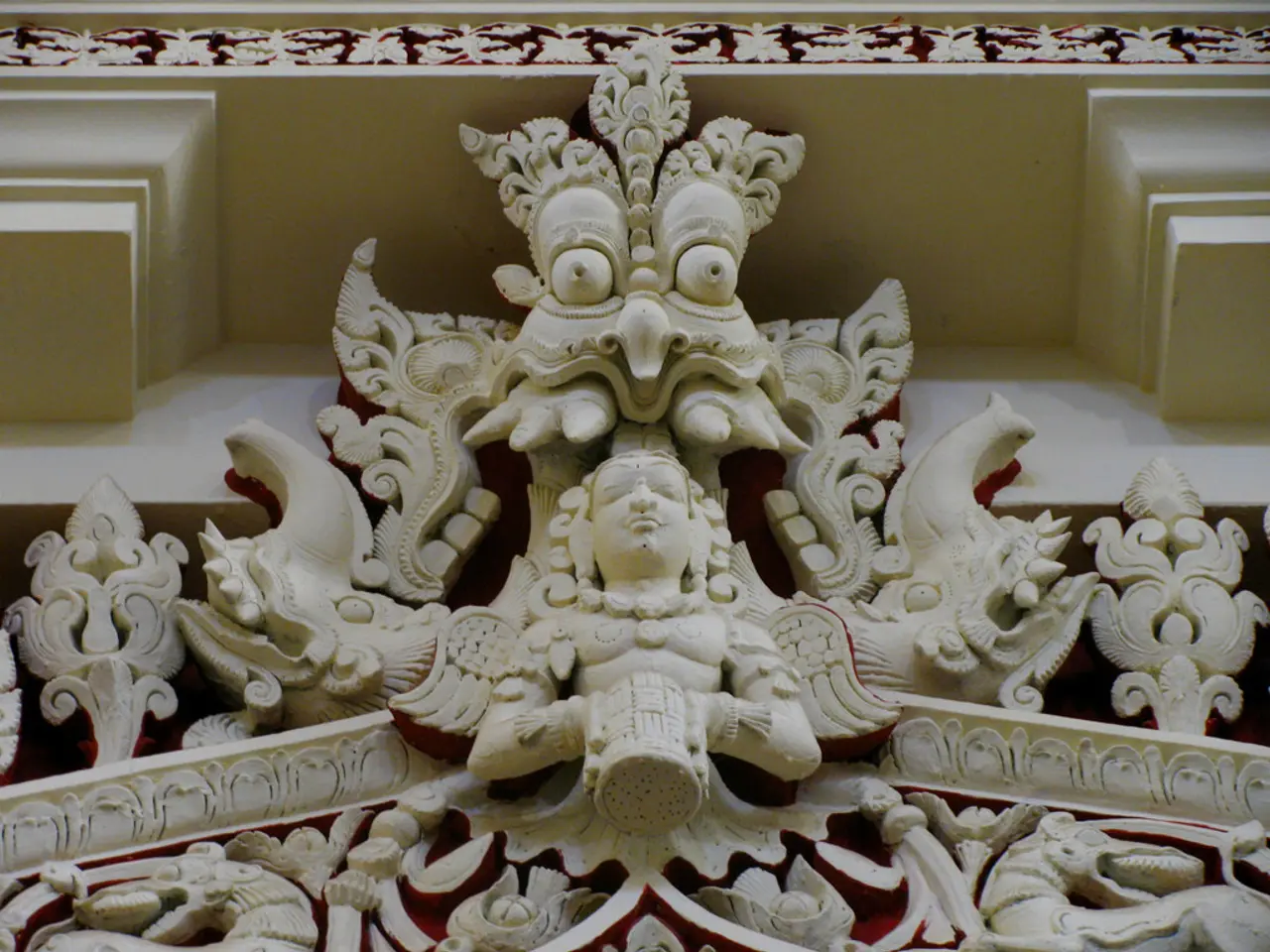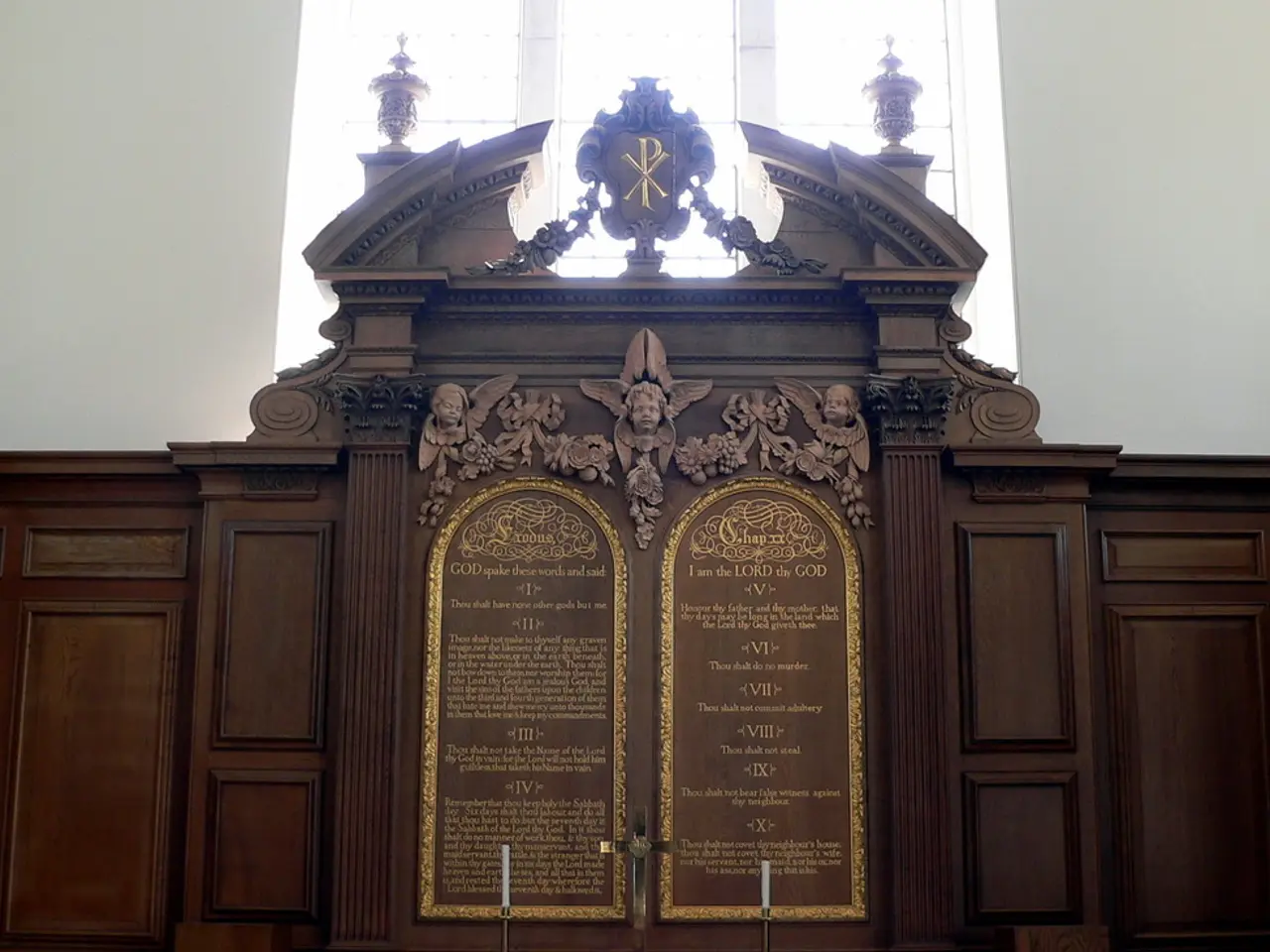"Worldwide Audio Documentations in Ethnomusicology Now Accessible"
The UCLA Ethnomusicology Archive has recently published a new resource, titled "Ethnomusicology: Global Field Recordings." This collection, produced in collaboration with Adam Matthew Digital, is a rich repository of global musical traditions, incorporating archival audio alongside detailed ethnographic documentation.
The resource features thousands of hours of previously unpublished historic field recordings from around the world, covering a wide variety of global musical traditions. These recordings, along with ethnographers' field notes, photos, films, and metadata, enrich the contextual understanding of the music.
One of the notable sub-collections includes the field recordings of ethnomusicologist Robert Garfias, documenting music from regions including Bali, Costa Rica, Guatemala, Japan, Korea, Laos, Spain, Thailand, Turkey, Nicaragua, Mexico, Myanmar, the Philippines, Romania, Zimbabwe, and more. Another significant sub-collection is the Hiromi Lorraine Sakata collections, focusing on music from Afghanistan and Pakistan.
The archive's materials support ethnomusicological research, featuring field, concert, and festival recordings and collaborations with ethnographers and researchers. The collections also include recordings from Doreen Binnington (Native Alaska), Donn Borchert (Mexico, Chile, Armenian American), Jean Borgatti (Nigeria), Robert Brown (India), Tara Browner (Michigan, Ann Arbor Powwow), Peggy Caton (Iran), Sam Chianis (Greece), Logan Clark (Guatemala), Peter Crossley-Holland (Tibet), Harold Courlander (China, India, Indonesia, Pakistan), Martha Ellen Davis (Puerto Rico), Jacqueline Cogdell DjeDje (Jamaica), Lorraine Donoghue Koranda (Native Alaska), Nicholas Engel (Ghana, Nigeria), Robert Garfias (various locations), Verna Gillis (Ghana, Benin, Togo, Suriname), Larry Godsey (Ghana), Oliver Greene (Belize), Richard Hawkins (Chile), Charlotte Heth (Oklahoma Cherokee), Mantle Hood (Java), Mark Humphrey (Kyrgyzstan), Donald Kachamba (Malawi), Robert Kauffman (Zimbabwe), Cheryl Keyes (Rap Music), Gail Kligman (Romania), Frederic Lieberman (Sikkim), Bernard Lortat-Jacob (Morocco), Emily Mayne (India), Jose Maceda (Philippines), Kevin Miller (Fiji), David Morton (Thailand), Linda O'Brien-Rothe (Guatemala), Lise Paret-Limardo de Vela (Guatemala), Robert Reigle (Papua New Guinea), Timothy Rice (Bulgaria, Georgia), Gertrude Rivers-Robinson (Bali), Jim Rosellini (Burkina Faso), Anne Briegleb Schuursma (Romania), Emily Sene (Sephardic Music), Catherine Stevens (East Asia), Darius Thieme (Nigeria), Norman Track (China), Klaus Wachsmann (Uganda), Bonnie Wade (India), D.K. Wilgus (Appalachia, Bluegrass), Henry Yonan (Assyrian Songs, Kurdistan).
The World Musical Instrument Collection is also part of this resource, released in conjunction with the World Day for Audiovisual Heritage. This collection, which does not appear to have been previously mentioned in the provided facts, is accessible through a VPN proxy server. The musical traditions, recordings, and other source materials in this collection provide a unique view into the cultural and social lives of the represented communities.
In summary, the "Ethnomusicology: Global Field Recordings" collection is a valuable resource for the study of world music and ethnomusicology, offering a diverse and comprehensive range of musical traditions from around the world. The archive's materials, including the World Musical Instrument Collection, support research and provide a unique insight into various global musical traditions.
The resource, "Ethnomusicology: Global Field Recordings," not only includes thousands of hours of historical field recordings but also various sub-collections focusing on music from diverse regions, such as the home-and-garden ambiance of Spanish music or the lively entertainment provided by Brazilian samba. This rich archive, with its vast array of genres, sheds light on the intricacies of global musical traditions and encouraged by its ability to incorporate home-and-garden recordings, offers a rare glimpse into the lifestyle of the musicians and the communities they belong to.




